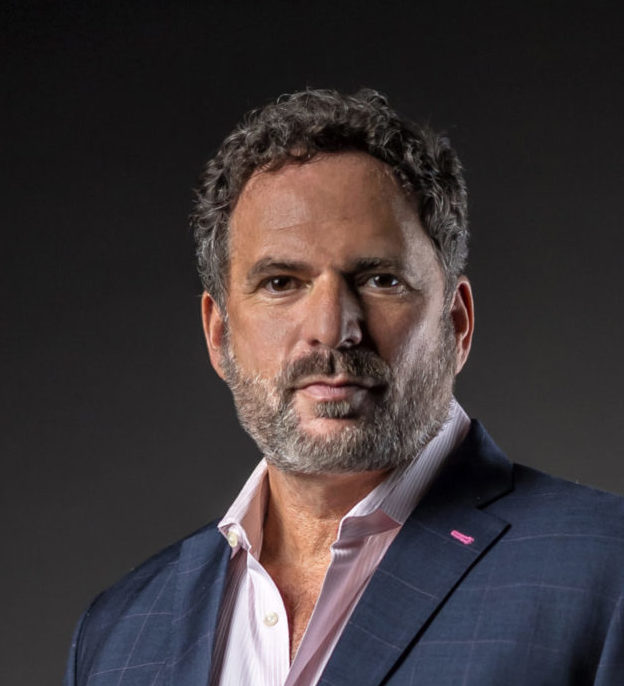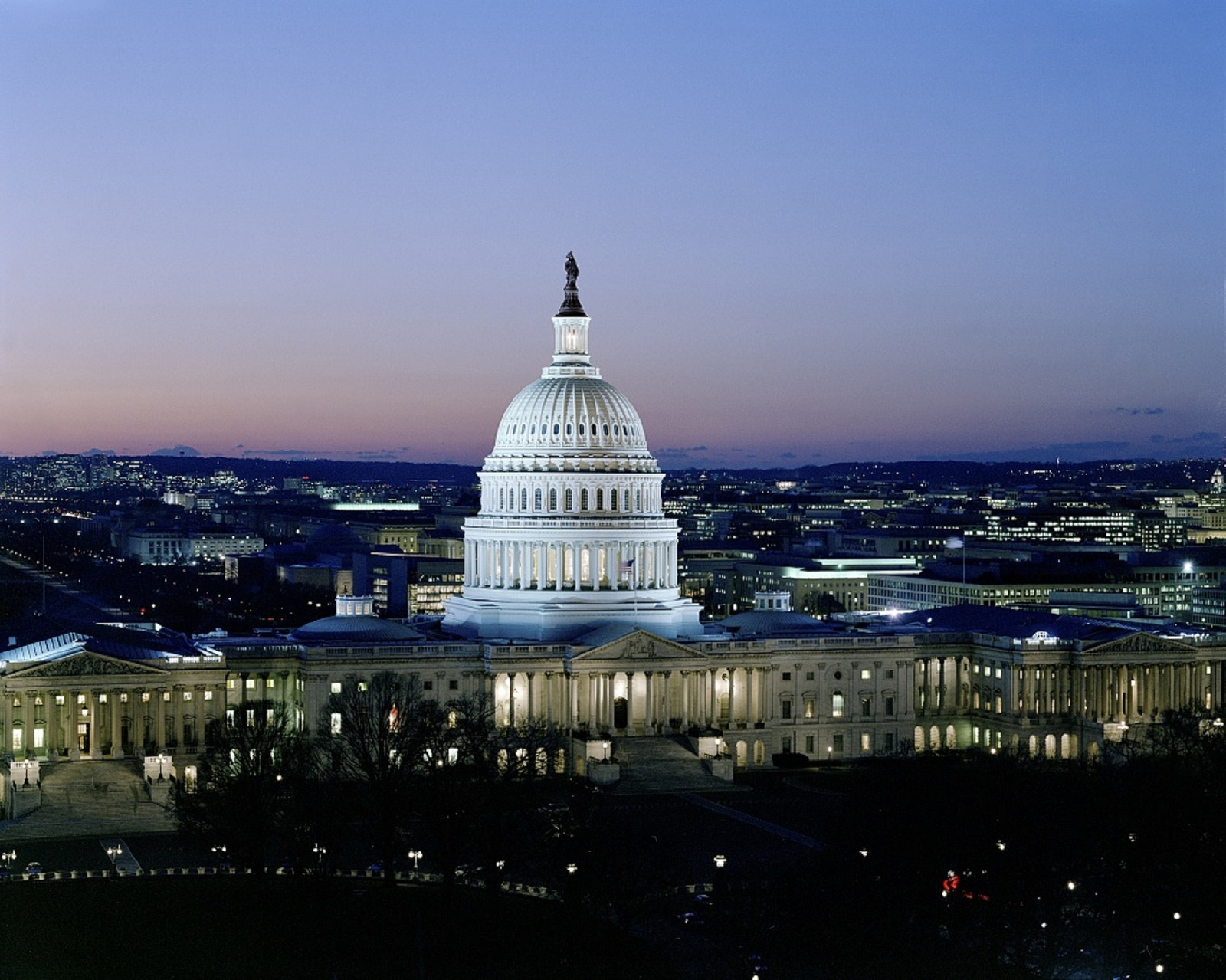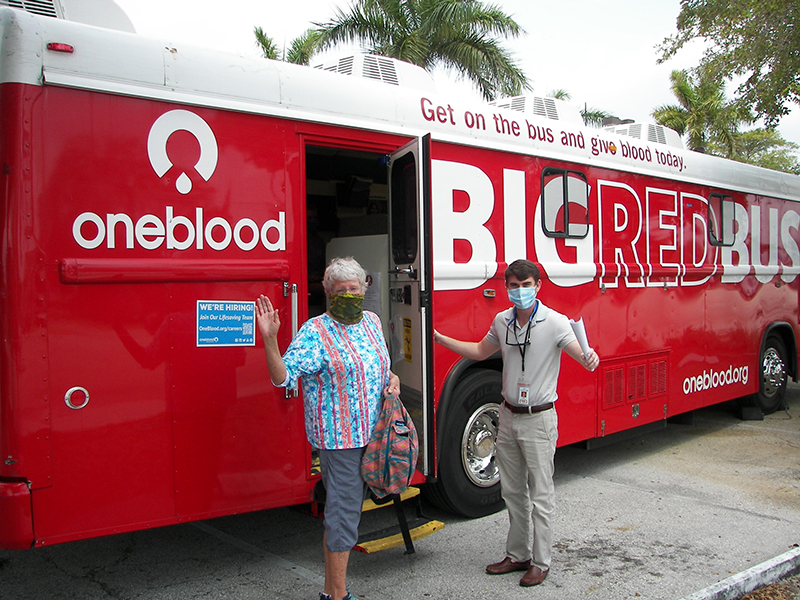Broward County has issued an emergency order closing all non-essential retail and commercial business locations starting this morning.
However, there is a long list of businesses that are allowed to remain open, including health care providers, gun stores, car dealers, marinas, banks, grocery stores, dry cleaners, hardware stores and liquor stores. Professional service, such as accounting and law, are allowed to stay open, under the order by County Administrator Bertha Henry.
Hotels can stay open, but are limited in who they can allow to stay.
The order doesn’t mean total shutdown of businesses even if they are considered non-essential.
“In addition to any permitted minimum basic operations, all retail and commercial businesses may perform remote work so that a business’s employees may interact with each other and/or with customers solely through electronic or telephonic means, and deliver services or products via only electronic means or mailing, shipping, or delivery services,” the order says.
All nonessential retail and commercial business locations (meaning all that are not expressly deemed essential as stated below) also can conduct minimum basic operations, such as maintaining the value of inventory, preserving plant and equipment condition, ensuring security, processing payroll and employee benefits and facilitating employees working remotely. Businesses doing so should still practice social distancing.
The order does not affect or limit the operations of Broward County, any public utility, any municipality, the Broward County School District, the North Broward Hospital District, the South Broward Hospital District, any other local government entity in Broward County, or any State or Federal office or facility.
Allowed Open
- Healthcare providers and public health operations, including but not limited to: hospitals; doctors’ and dentists’ offices; urgent care centers, clinics, and rehabilitation facilities; physical therapists; mental health professionals; psychiatrists; therapists; research and laboratory services; blood banks, medical cannabis facilities; medical equipment, devices, and other healthcare manufacturers and suppliers; reproductive health care providers; eye care centers; home healthcare services providers; substance abuse providers; medical transport services; and pharmacies.
- Grocery stores, farmers’ markets, farm and produce stands, supermarkets, food banks, convenience stores, and other establishments primarily engaged in the retail sale of canned food, dry goods, fresh fruits and vegetables, baby products, pet supply, liquor, fresh or frozen meats, fish, and poultry, and any other household consumer products (such as cleaning and personal care products). This authorization to remain open includes stores that sell groceries and also sell other non-grocery products, and products necessary to maintaining the safety, sanitation, and essential operations of residences and other structures.
- Businesses engaged in food cultivation, including farming, livestock, and fishing.
- Businesses that provide food, shelter, social services, and other necessities of life for economically disadvantaged or otherwise needy individuals.
- Newspapers, television, radio, and other media services.
- Gas stations, new and used automobile dealerships, and auto-supply, auto-repair, and related facilities.
- Banks and related financial institutions, including insurance firms, but excluding pawn shops;
- Hardware, gardening, and building material stores.
- Contractors and other tradesmen, building management and maintenance (including janitorial companies servicing commercial businesses), home security firms, fire and water damage restoration, public adjusters, appliance repair personnel, exterminators, and other service providers who provide services that are necessary to maintaining the safety, sanitation, and essential operation of residences and other structures.
- Businesses primarily providing mailing, logistics, pick-up, and shipping services, including post office boxes.
- Private colleges, trade schools, and technical colleges, but only as needed to facilitate online or distance learning, perform critical research, or perform essential functions, and university, college, or technical college residence halls, but only to the extent needed to accommodate students who cannot return to their homes.
- Laundromats, dry cleaners, and laundry service providers.
- Restaurants and other facilities that prepare and serve food, but subject to the limitations and requirements of the Governor’s Executive Orders 20-68, 20-70, and 20-71. (Restaurants are being told to stick to takeout and delivery.) Schools and other entities that typically provide free food services to students or members of the public may continue to do so on the condition that the food is provided to students or members of the public on a pick-up and takeaway basis only. Schools and other entities that provide food services under this exemption shall not permit the food to be eaten at the site where it is provided, or at any other gathering site under their control.
- Businesses that primarily supply office products needed for people to work from home (but not including businesses that primarily sell or lease furniture).
- Businesses that primarily supply other essential businesses, as stated in this Emergency Order, with the support or supplies necessary to operate, and which do not interact with the general public, including cybersecurity firms (but not including businesses that primarily sell or lease furniture).
- Businesses that primarily ship or deliver groceries, food, goods, or services directly to residents;
- Airlines, taxis, and other private transportation providers providing transportation services via automobile, truck, boat, bus, or train.
- Businesses engaged in providing home-based care for seniors, adults, or children.
- Assisted living facilities, nursing homes, adult day care centers, and home- based and residential settings for adults, seniors, children, and/or people with disabilities or mental illness.
- Businesses providing professional services, such as legal or accounting.
- Services, to the extent those services are necessary to respond to legally mandated activities and such services cannot be performed as permitted in Section 4. (Section 4 says: Notwithstanding the foregoing and in addition to any permitted minimum basic operations, all retail and commercial businesses may perform remote work so that a business’s employees may interact with each other and/or with customers solely through electronic or telephonic means, and deliver services or products via only electronic means or mailing, shipping, or delivery services.)
- Landscape and pool care businesses, including residential landscape and pool care services.
- Childcare facilities providing services that enable employees exempted in this Emergency Order to work as permitted. To the extent possible, childcare facilities should operate under the following conditions: Childcare must be carried out in stable groups of 10 or fewer (inclusive of childcare providers for the group); children and child care providers shall not change from one group to another; if more than one group of children is cared for at one facility, each group shall be in a separate room. Groups shall not mix or interact with each other. All play equipment used by one group of children must be cleaned and sanitized before use by another group of children. Any child exhibiting symptoms consistent with COVID-19 illness shall not be allowed to stay in the childcare facility.
- Businesses operating at any airport, seaport, or other government facility, except as provided in the Governor’s Executive Order 20-71, which requires all restaurants and food establishments licensed under Chapters 500 and 509 to suspend on-premises food and alcohol consumption, and except as to businesses operating from Broward County facilities as to which separate directives have or will be issued.
- Logistics providers, including warehouses, trucking, consolidators, fumigators, and handlers.
- Telecommunications providers, including sales of computer or telecommunications devices and the provision of home telecommunications.
- Businesses engaged in the provision of propane or natural gas.
- Businesses engaged in the provision of office space and administrative support necessary to perform any of the above-listed activities.
- Open construction sites, irrespective of the type of building.
- Businesses providing architectural, engineering, or land surveying services, but only with regard to ongoing construction projects in which construction has already commenced and provided that such businesses operate in full compliance with all measures advised by the CDC regarding social distancing.
- Factories, warehouses, manufacturing facilities, bottling plants, or other industrial distribution and supply chain facilities used for essential products and industries for the U.S. domestic market.
- Waste management services, including business engaged primarily in the collection and disposal of waste.
- Private and municipal marinas and boat launches, docking, fueling, marine supply, and other marina services.
- Hotels, motels, other commercial lodging establishments, and temporary vacation rentals, subject to the limitations stated in the Governor’s Executive Order 20-70. Hotels, motels, and other commercial lodging establishments shall not accept new reservations for persons other than Essential Lodgers. “Essential Lodgers” are defined as: (1) healthcare professionals; (2) first responders; (3) National Guard members; (4) law enforcement; (5) state or federal government employees; · (6) airline crewmembers; (7) patients; (8) patients’ families; (9) journalists; (10) others providing direct services in response to COVID-19; (11) displaced residents or visitors; (12) persons utilizing hotels as transitional living arrangements; (13) persons sheltering in hotels due to domestic violence; (14) hotel employees, service providers, and contractors; or (15) individuals who, for any reason, are temporarily unable to reside in their home due to exigent circumstances.
- Veterinarians and pet boarding facilities.
- Mortuaries, funeral homes, and cemeteries including funeral and cremation services.
- Firearm and ammunition supply stores.
- Businesses providing services to any local, state, or federal government, pursuant to a contract with such government and provided such services relate directly to a governmental response to the COVID-19 crisis.
- Any business that employs five (5) or fewer persons, including management/ownership, where the employees do not come in regular contact with the general public in the regular course of business and the business can conduct its business in a manner that complies with the recommended social distancing and other requirements of previous executive orders, except to the extent inconsistent with any Executive Order or regulation issued by the Governor of Florida, the state, or any federal authority
- Electrical production and distribution services.
- Moving, storage, and relocation services.












